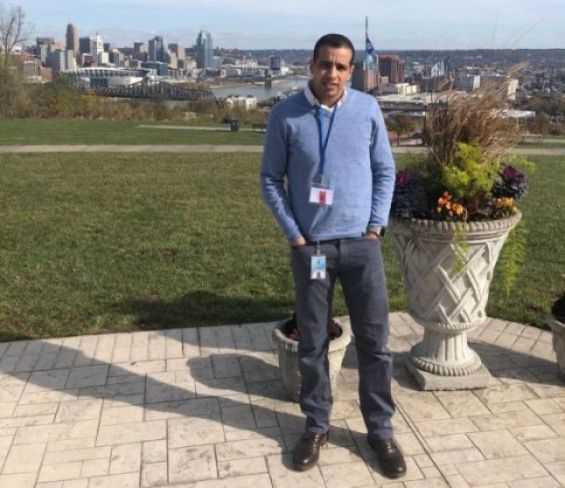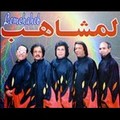Young Moroccan Mohamed Fadel Sami Essolh immigrated to the United States in 2005, after a successful attempt at the Green Card lottery. Born in Guelmim in 1984, he had always dreamed of becoming an engineer and chose to pursue studies in industrial electricity.
For that sake, he chose to study in Agadir, where he graduated high school. «I was planning to pursue studies in France later, but I was late to get a visa, and my dream of becoming an engineer seemed lost», he told Yabiladi.
Sami said that at the time, he felt that «everything was dark, seeing [his] dream shattered before his eyes». «I went for the Higher School for Technical Education in Mohammedia, and I studied there for two years, which were full of disappointment».
«At the end of the year I went to the Casablanca office of Procter and Gamble, American multinational consumer goods corporation. I wanted to get an internship there, but the security guard prevented me from entering and asked me for a copy of my CV. They did not contact me afterwards, and fate eventually decided that I would get to work at the company’s headquarters in the United States».
By the end of the school year, he was selected as a Green Card lottery winner and he left for New York. It was an opportunity for him to reconsider his lost childhood dream, when he learned that the educational system in the US was different from that of Morocco.
Surviving challenges
However, his story with the security guard standing in his way did not end in Morocco. After arriving in New York, he started searching for a university. «I was not fluent in English, and a security guard asked me to provide him with an ID in order to enter the college’s premises. I did not understand and handed him my passport. He told me to ‘go back from where I came from’. I sat looking at students entering and leaving, with only one thought within my head : ‘I am going to study at a university’», he recalled.
After that, he learned that studying at the university required a lot of money, and he decided to postpone his dream, and he began to work as a taxi driver and cumulated odd jobs in several restaurants. «I used to do odd gigs, waiting for the day I would realize my dream», he said. Three years later, he met Moroccan students who showed him how to enroll in college.

In 2008, he entered the City College of New York, and continued to work in the meantime.
In addition to studying and working, Sami, along with other Moroccans, founded the «Moroccans in New York» group in order to «share experiences and ideas within the community». «We started bringing Moroccans together. It was a wonderful experience, and even though we left New York, the group is still working, and it has become very active».
In 2012, his dream, which he refused to give up, became a reality, and he started working for a company supplying New York with gas and electricity.
Months later, the parent company of the Moroccan subsidiary which had denied him entry in Casablanca years before, hired Sami.
He worked as an engineer at its Delaware branch, and after four years, he moved to its central headquarters in Cincinnati, Ohio.
A new life
During eight years, Sami was able to gain experience in two of the most important sectors within the company (Baby Care & Family Care), and to use his experience to help find technical solutions and meet the production goals that it was striving for. His work ethics and competence allowed him to quickly climb the corporate ladder quickly and get entrusted with regional assignments.
His work did not prevent him from participating in other activities. He was indeed also the representative of the Muslim community in a homeless shelter in Delaware from 2014 to 2017.
Sami was unfortunately not spared from racism while in the United States. «During the end of Obama’s term and the rise of Trump, I was discriminated against in a well-known store. An employee verbally assaulted me and proceeded to claim that I was the one who had assaulted her. Her manager believed her even though I provided him with an audio recording of the incident».
«After that, I went to a government agency that monitors human rights, and lodged a complaint. I did not request a lawyer and asked to defend myself. I demanded that the woman who assaulted me be punished, and employees be trained on racism and discrimination. I won the case, and the employee was reprimanded. They even set up trainings for their 250 employees».
Despite the many years he spent in the United States, this father of three-year-old twins is so attached to Morocco that he visits the country once a year, especially to his native Sahara.





 chargement...
chargement...













